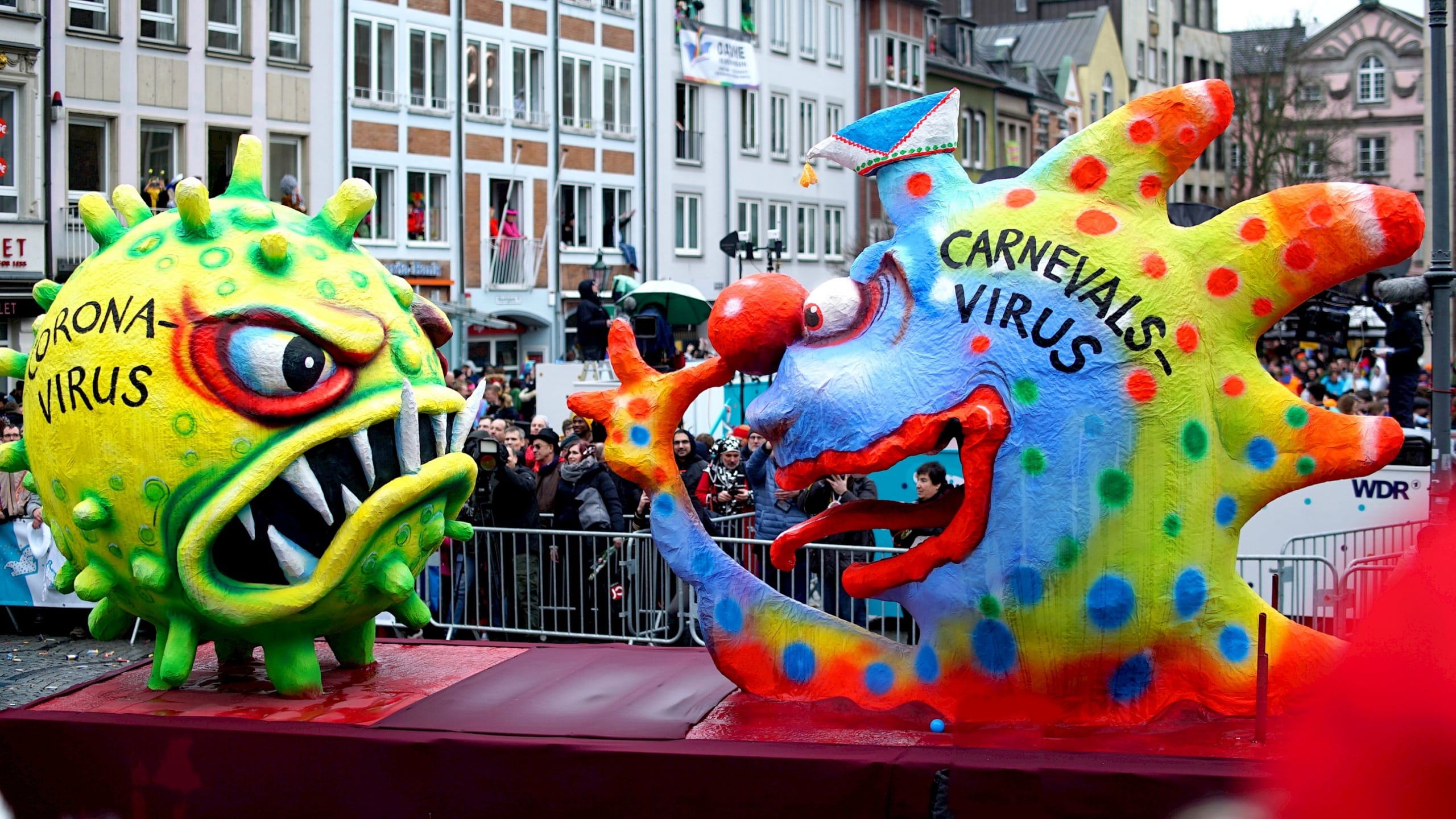Does Corona also put a spanner in the carnival's works?

For carnivalists, it is probably the absolute super gau. What they had been dreading for weeks seems to be coming true. It seems inconceivable - at least at this point in time and with regard to the start of the season on 11 November - that carnival will take place in its familiar form.
But not everyone seems to be willing to accept a possible complete cancellation. There is increasing talk of a kind of compromise in which hygiene concepts could be drawn up (and finally approved).
An entire industry is trembling...
Soberly considered, carnival is of course not only about swaying and singing together, but ultimately also about livelihoods.
It is precisely the companies that have already been severely shaken by cancelled folk festivals and the like that may now again be faced with the challenge of reorienting themselves and, if necessary, developing replacement concepts... At least, insofar as this is possible.
There is a heated discussion in the social networks...
Particularly sobering: the Shrove Monday procession of 2020 was indeed marked by the virus in many larger cities, especially in the carnival strongholds. First and foremost, it was the well-known Düsseldorf float builder Jaques Tillywho created an oversized coronavirus out of papier-mâché that the carnival virus stuck its tongue out at, making a fool of it.
Who would have thought back then that a lockdown (albeit a relatively light one) would be carried out just a few weeks later?
Opinions on social networks and in connection with the question of whether carnival should now actually be completely cancelled are divided. Some people support the opinion of Health Minister Jens Spahn, who already stated a few days ago that he could not imagine the classic carnival. For others, the possible cancellation is already the famous straw that broke the camel's back and caused their trust in politics to dwindle even further.
A new kind of carnival? No decision has been made yet
Even though research on the new coronavirus has been going on for months, there are currently still many unanswered questions, the answers to which would be important with regard to a justifiable carnival concept.
Perhaps one of the most recent (and possibly even most "adventurous") investigations can help here? Within the framework of a Tim Bendzko concert with (!) spectators, it is currently being investigated how the virus spreads... And how not (or less).
If the results show that there are indeed options to combine joint celebrations - for example with a mask and a safe distance - with sufficient protection, this could possibly also have an impact on the upcoming carnival season. However, it will probably be a few weeks before the results are available.
Irrespective of this, many people are already in favour of replacing the "big parades" with several smaller events. However, whether this is feasible - especially in view of the increased alcohol consumption during the "5th season" - is another point that would have to be clarified in advance.
A look into the past: when is Carnival actually cancelled?
Carnival or Fasching is one of the most classic customs of the Germans. Only very few carnivalists like to let their own personal holidays be taken away from them. But: a look into the past shows that the last fancy carnival was not all that long ago. Strictly speaking, in 1991, people refrained from parading through the streets with "Helau!" and "Alaaf!". The reason: the Gulf War and the credo that these events cannot be combined with exuberant celebrations.
Should Carnival be cancelled due to Corona, however, the cancellation would come with a different message. This time it's not about showing sympathy, but about fighting a pandemic. Carnival team spirit, flexibility and optimism have certainly rarely been more in demand than now.
This exciting article might also interest you: The Swiss Diversity Award will take place on 05 September 2020.
Keine Kommentare vorhanden